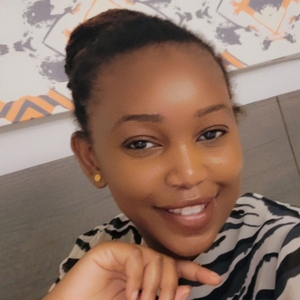2022 Leadership Journey Project: Entomology and Research Mentorship in Low and Middle-Income countries
I have spent almost 5 years supporting National Malaria Control Programs (NMCP) in sub-Saharan Africa, Meso America and the Greater Mekong sub-region. This has given me unique opportunities to interact with diverse cultures and learn how they relate with malaria control.
Through my role as a technical advisor on entomology, I have seen the need for building capacity around vector control especially at the community level. Getting this knowledge to the community in super easy to understand ways that enhance implementation has been at the core of the different training workshops that I have facilitated in most countries. One notable experience that has helped shape my role was in Guna Yala, Panama where I had gone to train the NMCP staff on mosquito larval sampling.
During a survey of the village, I noted that the women in the community practiced environmental management of the shores with the aim of improving coconut plant yields. In way, this also reduced mosquito breeding sites and mosquito populations in the community. We highlighted to the community that their agricultural practices also had an impact on malaria control. We then provided further education on mosquito breeding sites and how to control them. This interaction taught me that the community can be engaged in malaria control by simply providing ways that enhance their knowledge and practices.
Lately I am becoming more interested in enhancing the efficacy of vector control interventions, new and old through focusing on the relationship between mosquito vector behavior and human behavior. I realize that knowledge about these interactions may be missing at the policy making level of the NMCPs therefore, communicating this through capacity building may just be one piece of the puzzle that helps us to make progress towards reduction in malaria transmission.


